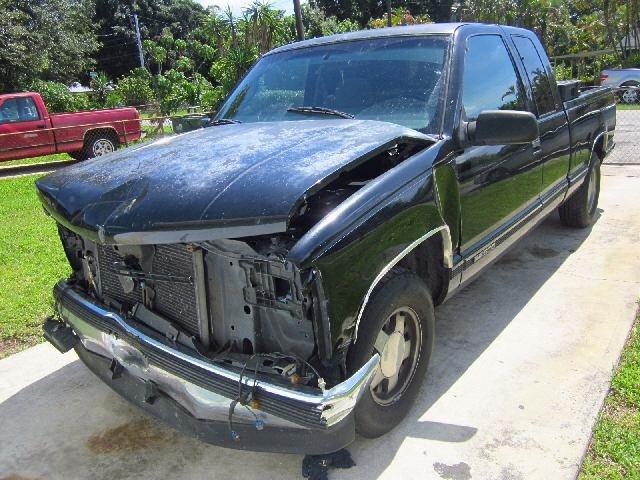 In Miranda v. Arizona, the Supreme Court of the United States established a formal warning that is required to be given by police in the United States to criminal suspects in police custody (or in a custodial situation) before they are interrogated. The court ruled that the person in custody must be informed that he/she has the right to remain silent, and that anything the person says can be used against the person in a court of law. What developed from the ruling is the well-known “Miranda Warning”:
In Miranda v. Arizona, the Supreme Court of the United States established a formal warning that is required to be given by police in the United States to criminal suspects in police custody (or in a custodial situation) before they are interrogated. The court ruled that the person in custody must be informed that he/she has the right to remain silent, and that anything the person says can be used against the person in a court of law. What developed from the ruling is the well-known “Miranda Warning”:
“You have the right to remain silent. Anything you say can and will be used against you in a court of law. You have the right to an attorney. If you cannot afford an attorney, one will be provided for you. Do you understand the rights I have just read to you? With these rights in mind, do you wish to speak to me?”
Even though the Miranda Warning only applies to criminal suspects, potential personal injury civil litigants should consider the wisdom of remaining silent until receiving the advice of counsel. The alternative is to risk saying something that will harm the civil case.
Fault and damages are key components of every personal injury case. Limiting both is the primary objective of every liability insurance company. Adjusters, investigators, and lawyers are employed to this end from the very beginning of a reported claim. They will quickly reach out for information from witnesses and victims for the purpose of obtaining incriminating and exculpatory evidence to limit their exposure. What a victim says to these people can be used against him/her in and out of court.
(Read this blog, Limited Application of Florida’s Motor Vehicle Accident/Crash Report Privilege, for the confidentiality of statements given to motor vehicle crash investigators.)
Continue reading
 Florida Injury Attorney Blawg
Florida Injury Attorney Blawg









